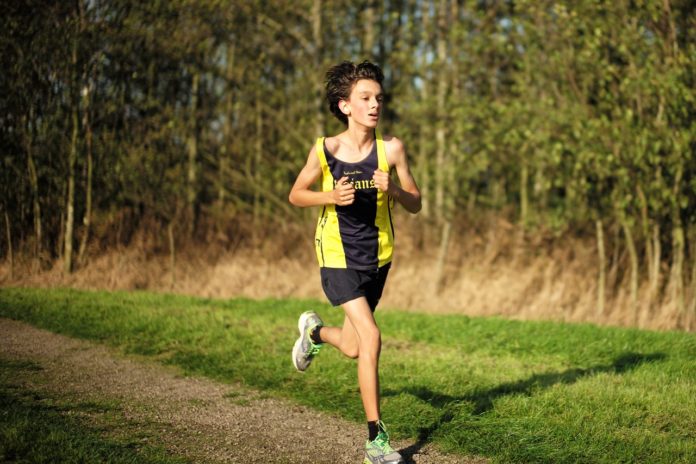Study says training for and running a marathon for the first time reverses ageing of the blood vessels
Training for and completing a first-time marathon reverses ageing of major blood vessels. This is the conclusion of a study which found that the older and slower runners benefit the most.
A hallmark of normal ageing is stiffening of the blood vessels, which increases the risk of stroke and heart disease even in healthy people. Compared to their peers, lifelong athletes have biologically younger blood vessels, researchers said.
The study investigated whether training for a marathon could modify aortic stiffness even in novice runners.
“The study shows that the health gains of lifelong exercise start to appear after a relatively brief training programme”
“Novice runners who trained for six months and completed their first marathon had a four-year reduction in arterial age and a four mmHg drop in systolic blood pressure,” said Anish Bhuva, from the University College London in the UK.
“This is comparable to the effect of medication, and if maintained translates to approximately 10 per cent lower risk of stroke over a lifetime,” Bhuva said.
The study included 139 healthy first-time marathon runners aged 21-69 years who were advised to follow a first-time finisher training programme and ran an estimated 10-20 kilometres a week for six months ahead of completing the 2016 or 2017 London Marathon.
Before they started training and two weeks after completing the marathon, participants had magnetic resonance imaging (MRI) and ultrasound scans of the heart and blood vessels, a fitness test, and measurements of blood pressure and heart rate.
Biological age of the aorta was calculated at both time points.
After completing the marathon, aortic stiffness had reduced and the aorta was four years younger than before training.
Older participants and those with longer marathon finish times had greater reductions in aortic stiffness after training. Reductions in aortic stiffness were independent of changes in blood pressure.
“You don’t have to be an elite athlete to gain the benefits from marathon running, in fact the benefits appeared greatest in those who were older and slower,” said Bhuva.
“By completing training, and getting to the finish line, it is possible to rejuvenate the cardiovascular system of first-time marathon runners,” he said.
Fitness improved and heart rate dropped after training — both to a modest extent.
The participants had been running for less than two hours a week before marathon training and their finish times were slower than average, which was expected as it was their first race.
“The study shows that the health gains of lifelong exercise start to appear after a relatively brief training programme,” he said.


